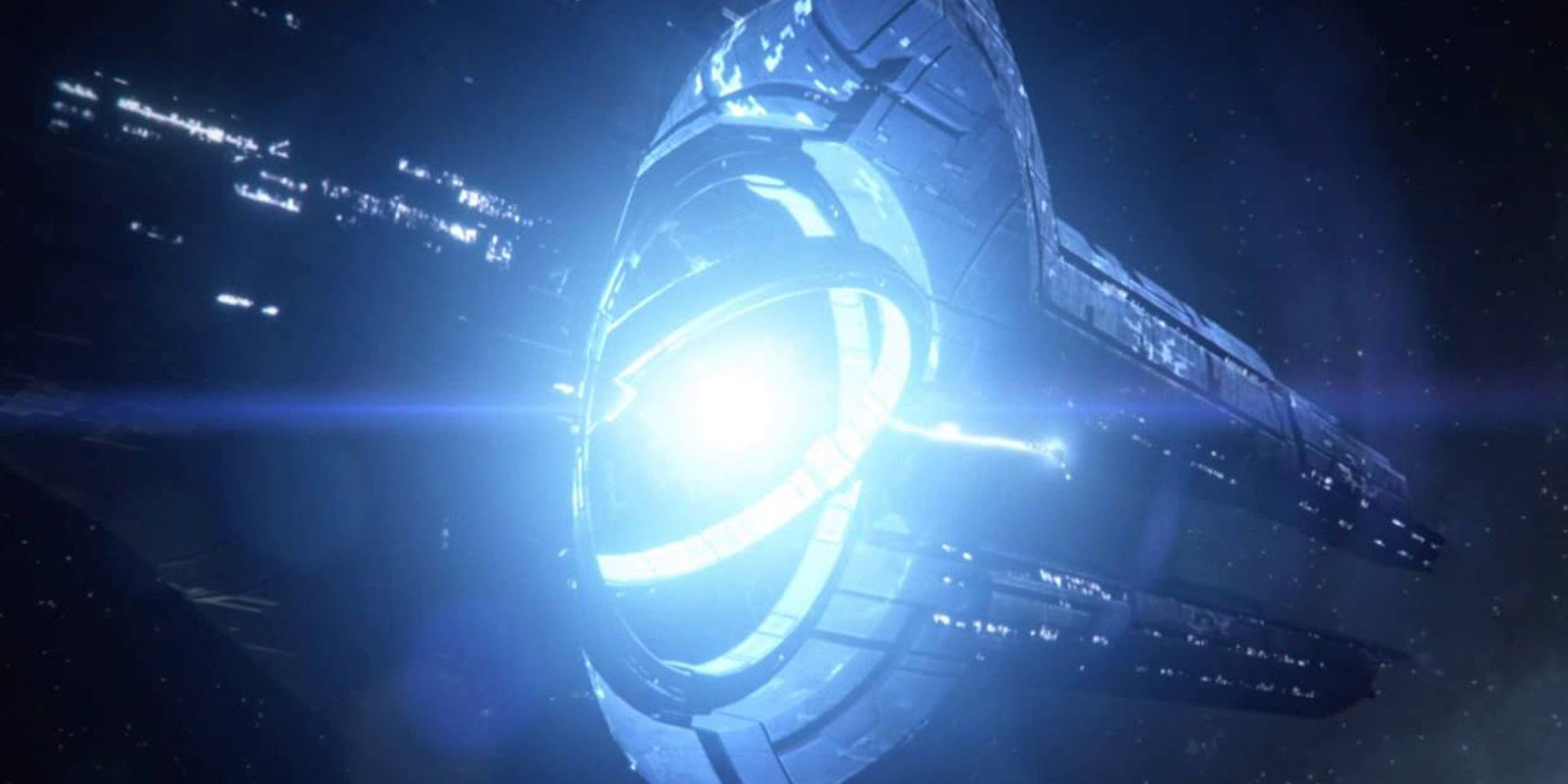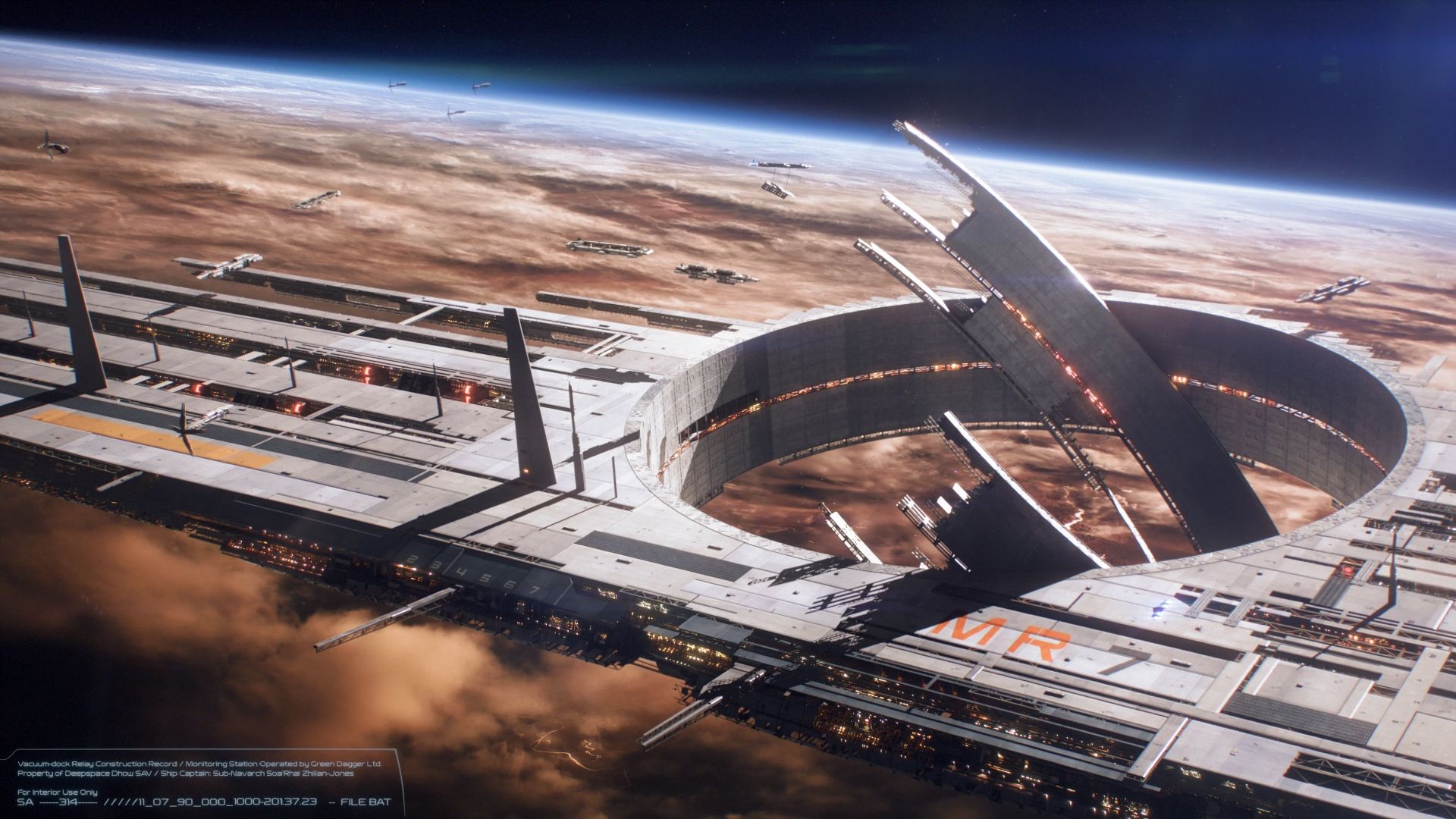Mass Effect 5 is poised to continue the epic narrative established in the original trilogy, meaning that the consequences of Mass Effect 3‘s varied endings will significantly influence the game’s storyline. Each conclusion of ME3 drastically alters the equilibrium of the galaxy, but one ending in particular, known as the “destroy” ending, has particularly catastrophic implications for both synthetic and organic life. This specific outcome results in Shepard annihilating all artificial intelligence across the galaxy by unleashing a deadly pulse through the mass relays.
In this devastating scenario, not only are the Reapers, EDI, and the Geth (if they survived until the game’s conclusion) eliminated, but the mass relays themselves are also destroyed. These mass relays were vital for facilitating interstellar travel across vast distances, and their destruction would fundamentally alter the fabric of galactic society. The precise ramifications of this loss remain to be seen, but by examining the known functions of the relays, we can speculate on some potential changes that may unfold.
The Division of the Galaxy in the Absence of Mass Relays
The Impact of Mass Relay Destruction on Space Travel Speed
As established, the “destroy” ending of the Mass Effect trilogy resulted in the collapse of the mass relays, rendering them completely inoperative. Previously, these relays enabled near-instantaneous travel across the galaxy, which was essential for the establishment of a cohesive interstellar government. The Citadel, serving as the epicenter of these relays, was also the seat of power for the universe’s leadership. With the disappearance of these structures, communication and transportation between planets will become significantly slower, leading to a more fragmented and isolated galactic community.
Players experienced the crucial role of these relays in facilitating space travel during the Mass Effect 2 Arrival DLC, where Shepard’s destruction of a relay in the Viper Nebula delayed the Reapers’ arrival on Earth by over six months. This delay highlights the importance of relays, especially given the Reapers’ renowned speed in navigation. For human and other organic ships, the time required for travel will be exponentially greater. Furthermore, the aftermath of the Reaper War has left galactic forces scattered, leading to potential chaos that could persist for years in the wake of the conflict.
Consequences of Losing Reaper Technology in the Galaxy
The Irreplaceable Discoveries That Shaped Galactic Civilization
The mass relays were not created by the organic inhabitants of the galaxy but were instead constructed by the Reapers or their progenitors. Their advanced technology played a crucial role in the development of numerous organic civilizations, including those of humans, Turians, Asari, and even the Protheans. While the loss of this technology is profound, it does not necessarily signify that its secrets are permanently lost. Many spacefaring species have amassed enough knowledge to partially understand the technology, which may facilitate future advancements.
While the destruction of a relay in the Arrival DLC resulted in the extinction of all life within the nebula, the “destroy” ending of the third game seems to have spared the galaxy from such a catastrophic mass extinction event that could have completed the Reapers’ objective.
Nevertheless, the consequences of annihilating the relays along with all synthetic life would be akin to a universal blackout, necessitating years of effort from every civilization just to return to pre-war conditions. Depending on the timeline of the next Mass Effect installment, galactic society may still be grappling with the challenges of this reconstruction.
Introducing Innovative Methods for Interstellar Travel in Mass Effect
Navigational Strategies for a Transformed Universe
Considering the extensive research conducted over centuries, it seems improbable that the remaining species in the galaxy will be able to recreate their own mass relays. The reconstruction process would be lengthy and will likely leave vast regions of space inaccessible for many years.

Related
The Mechanics Behind Mass Effect’s Mass Relays
The Mass Relays are integral to the Mass Effect series, as they facilitate mass manipulation and enable travel across the vast expanse of the galaxy.
This scenario could serve as a narrative device in the new game, restricting access to specific planets and clusters until players undertake missions to aid in the reconstruction of mass relays. If the developers embrace an open-world exploration format, this approach could provide a unique gameplay experience while simultaneously contributing to the restoration of a fractured galaxy. Moreover, it may allow for a more focused narrative, honing in on a select few clusters and offering greater depth to the worlds players can explore.
Currently, very little information is available regarding the plot or characters of the fifth installment in the Mass Effect series, leaving a myriad of possibilities for the direction the story may take.
There may even be a gameplay mechanic allowing the player’s ship to travel at speeds surpassing that of other spacefaring vessels, positioning them as uniquely equipped to traverse the galaxy, seek out lost technologies, and confront emerging threats. Any of these elements could serve as compelling foundations for a game that builds upon the original trilogy’s dramatic conclusion, particularly if the developers choose to proceed with the ending that resulted in the destruction of the mass relays.

Exploring the Mass Effect Trilogy
Action RPG
Third-Person Shooter
- Released
-
November 6, 2012
- Developer(s)
-
BioWare
- Publisher(s)
-
Microsoft
- Platform(s)
-
Xbox 360, Microsoft Windows, iOS, PS3, Android, PS4







